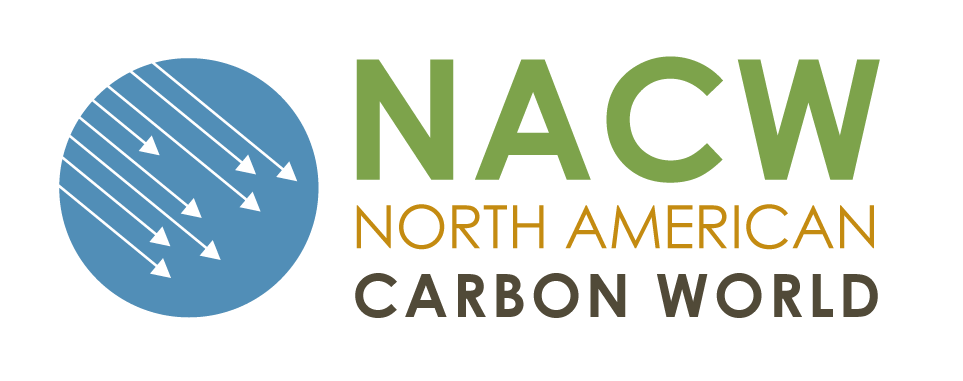Climate Action Reserve protocol opens the door for universities, municipalities, restaurants, grocery stores to turn food waste into potential revenue streams
Los Angeles, ca – The Climate Action Reserve, the largest and fastest growing offset registry for the North American carbon market, adopted a new standard that encourages the reduction of greenhouse gases (GHG) from a significant methane source in the U.S. – food waste. The Organic Waste Composting (OWC) Project Protocol provides guidelines for developing carbon offset projects and generating offset credits, which can be traded in the carbon market, by diverting food waste from landfills to composting operations.
With only an estimated 2.5% of food waste being currently composted, it is the least recycled material of all potential recyclables. Food waste that is not composted typically gets deposited in a landfill where it rapidly decomposes under anaerobic conditions and creates significant amounts of methane, which is over 21 times more potent to the atmosphere than carbon dioxide.
“It is surprising for many people when they discover the environmental damage that can be done by the food we throw away. The Organic Waste Composting Project Protocol is a powerful tool for addressing the situation. It creates a financial incentive to mitigate the significant amounts of methane emitted from food waste, and it provides an affordable and realistic opportunity for people outside of the traditional carbon market to become involved,” said Linda Adams, Chair of the Climate Action Reserve Board of Directors and Secretary of the California Environmental Protection Agency.
Since food waste is produced by virtually every American, the sources for it are vast and include municipalities, schools, grocery stores, restaurants, food wholesale distributors and public venues. Potentially, each of these sources could participate in the OWC protocol by diverting its waste from the landfill to a composting operation.
“The Organic Waste Composting Project Protocol helps cement the idea that food waste isn’t garbage anymore,” said Dr. Sally Brown, Research Associate Professor at the University of Washington’s College of the Environment. “People are looking for things they can do to benefit the environment, and food waste diversion is affordable and can have a large impact. Making compost improves the atmosphere by reducing the amount of methane emitted but using compost also improves the quality of soil. It is like the soil taking vitamins.”
The OWC protocol is the twelfth protocol adopted by the Reserve. Many carbon market participants and observers have repeatedly predicted the Reserve’s offset credit, the Climate Reserve Tonne (CRT), is the most likely to be adopted as a pre-compliance credit for regulated cap-and-trade programs in California and on a federal level. Adding another protocol to the suite of standards allows the generation of more high quality credits for these programs.





Comments are closed here.